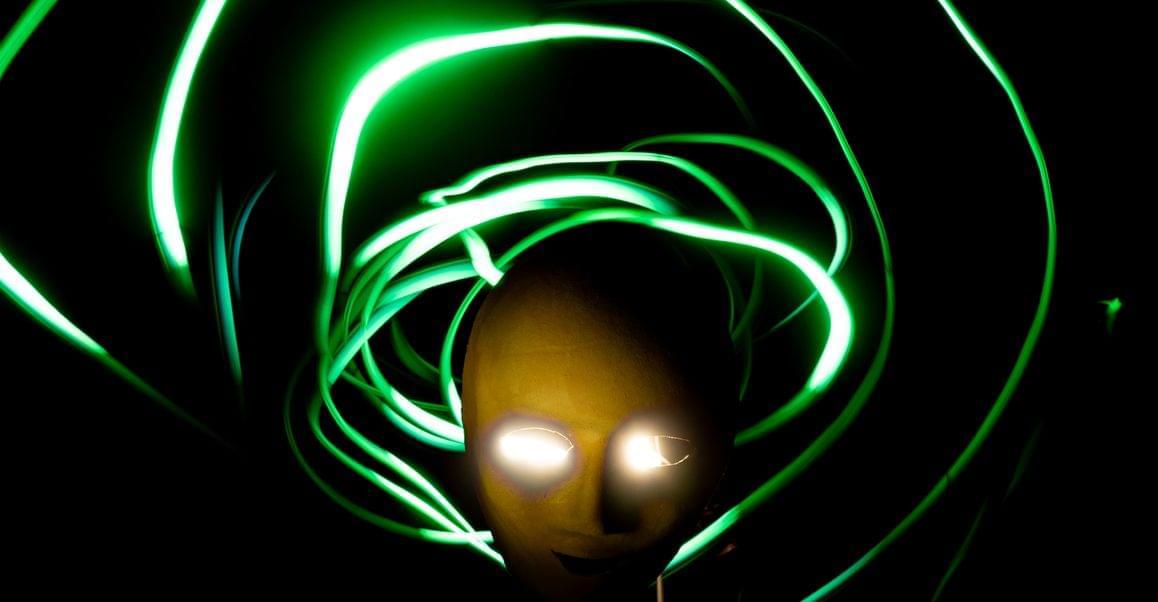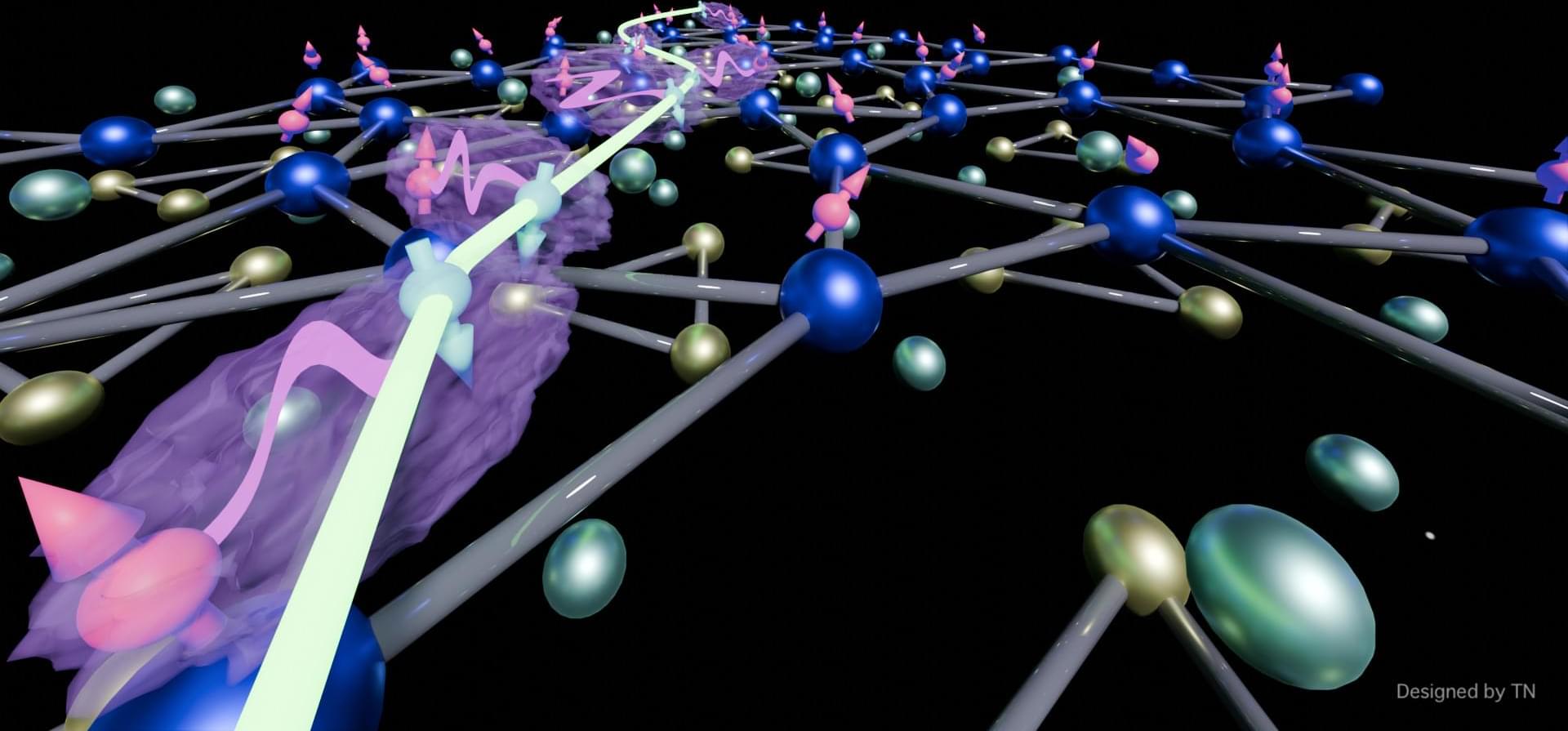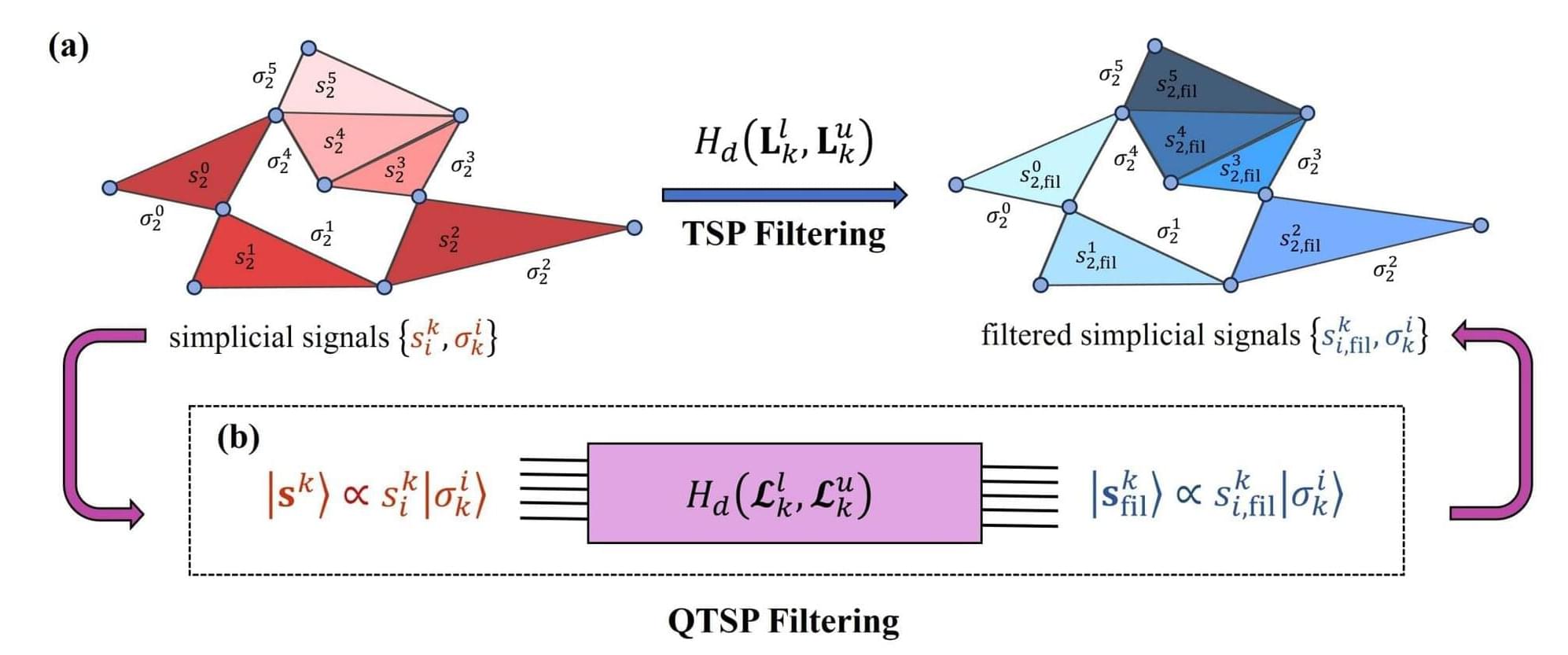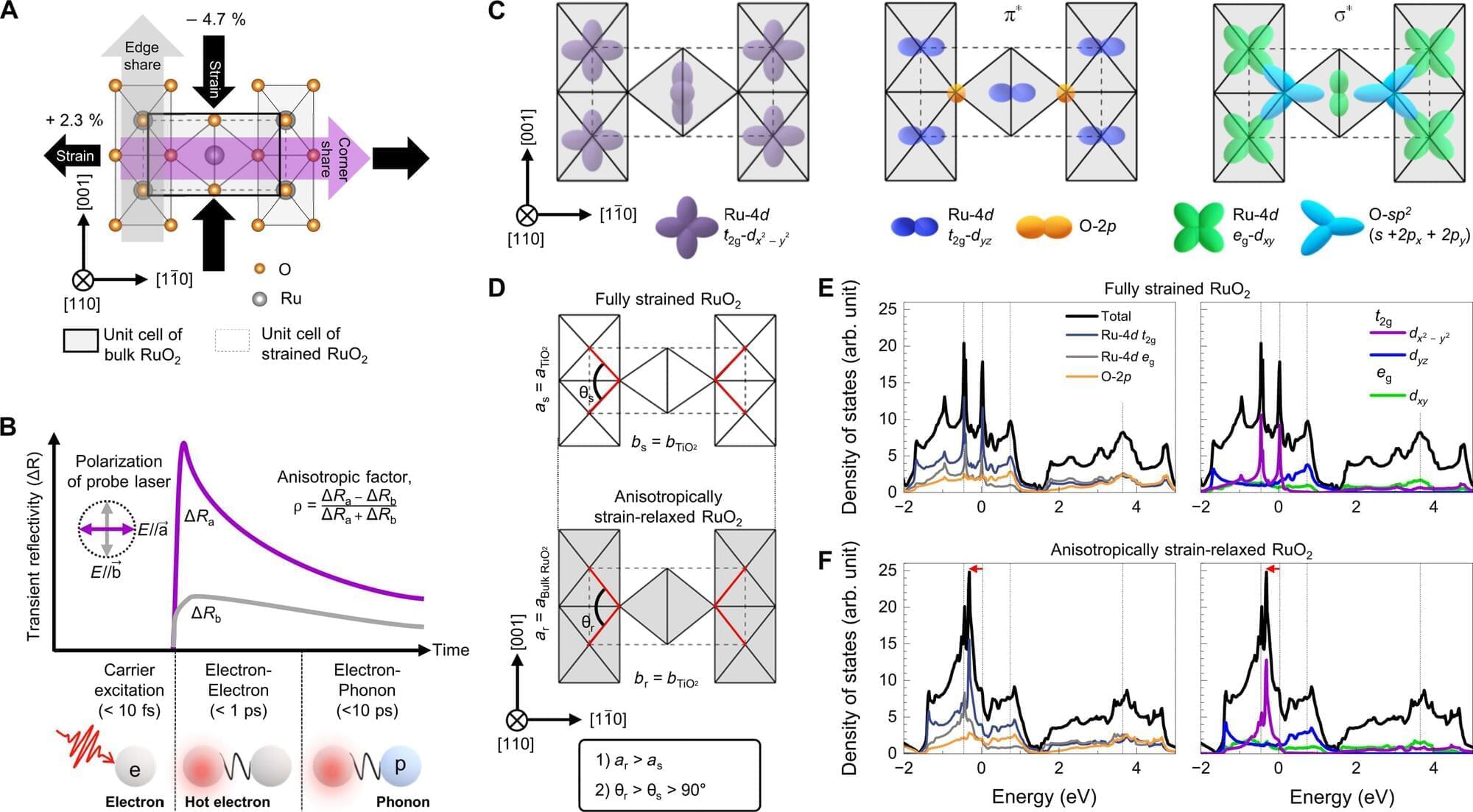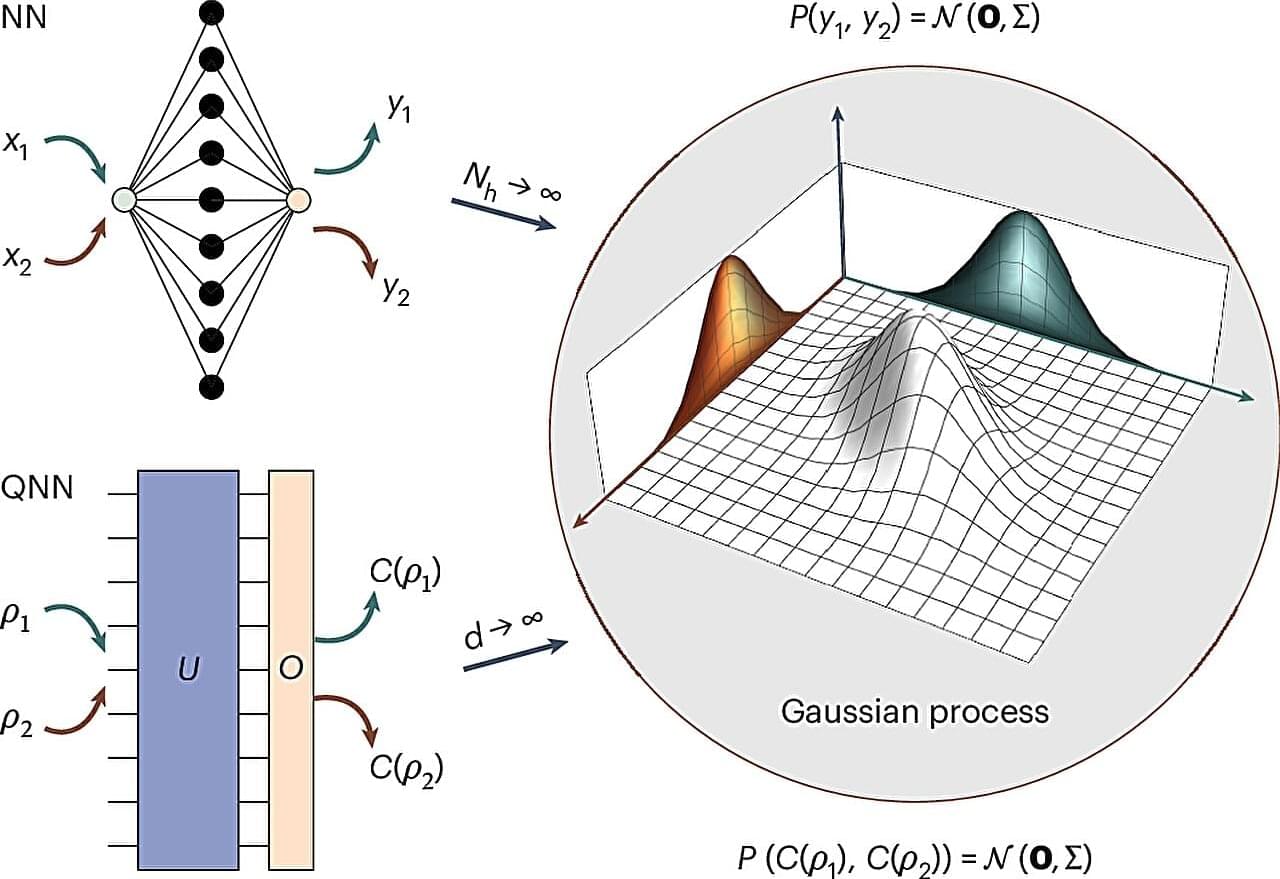In the subatomic universe of quantum physics, you can achieve things considered impossible in our flesh-and-blood physical world. Things like superposition, entanglement, and even teleportation all seem possible when things go quantum. Now, scientists from the Austrian Academy of Sciences (ÖAW) and University of Vienna are adding a kind of time travel to the list.
In a series of papers published on preprint servers and in various online journals (including Optica, arXiv, and Quantum), researchers including ÖAW’s Miguel Navascués and University of Vienna’s Philip Walther explain the possibility of speeding up, slowing down, and even reversing the flow of time within a quantum system.
